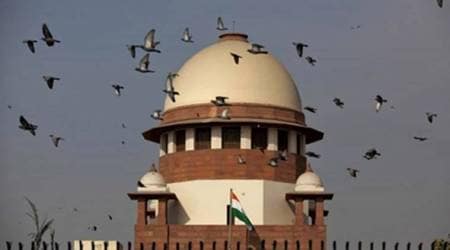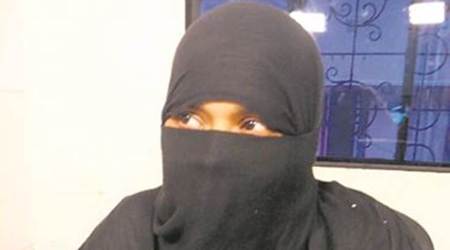 Zakia Soman
Zakia Soman
“When they started reading the judgment, I got scared for a bit. Then came Justice Kurian’s part and I was relieved,” said Zakia Soman of Bharatiya Muslim Mahila Andolan. BMMA’s petition, ‘Muslim Women’s Quest for Equality’, was suo motu turned into a PIL by a two-judge bench of the Supreme Court before Shayara Bano’s case against triple talaq was filed. That petition eventually became one of six.
Soman described the verdict as a victory, not just for Muslim women but for all women of India. “Rich or poor, literate or illiterate, Hindu, Muslim or Christian — all women supported us in our fight. The BMMA believes that gender justice is fundamental to Islam. It has been distorted by self-appointed guardians of religion like the All India Muslim Personal Law Board. Allah’s message is for all Muslims, men and women, there is no room for middlemen,” she told The Indian Express.
‘A big opportunity’
For Bebaak Collective, an intervener in the case, the judgment provides “a big opportunity to Muslim women” to fight patriarchy within religious institutions and the family. “In arguing that… triple talaq is both un-Quranic and unconstitutional, it is an important departure from earlier judgments on all women’s rights, because it is based on the tenets of equality, dignity and secularism as enshrined in the Constitution… We recognise that the current political climate of communalisation and violence, when the entire Muslim community is under attack in India and much of the Islamophobic world today, makes the fight for minority and gender rights an even more uphill task,” the collective said in a statement.
“Our intervention in court was on three issues — triple talaq, polygamy and nikah halala. On the first day, the court said only triple talaq would be talked about. Today, majority of the judges on the bench said that triple talaq was unconstitutional,” said Hasina Khan of Bebaak Collective, who was present in the Supreme Court Tuesday.

